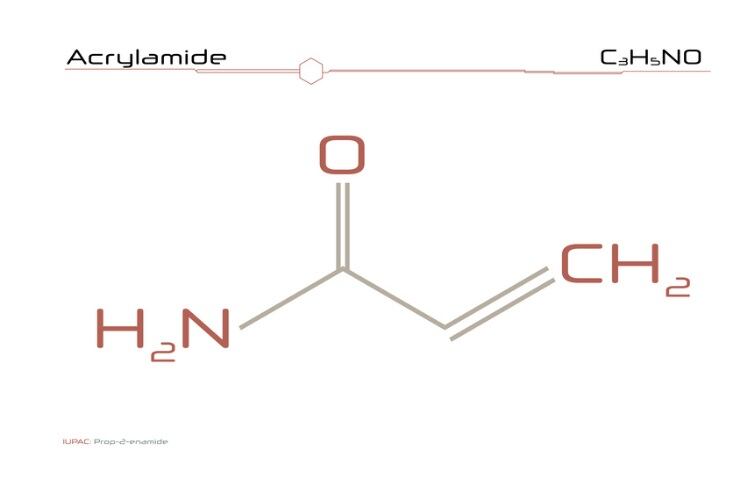The cereals contain acrylamide, a chemical identified by federal and state agencies to be a potential cause of cancer.
However, the California Supreme Court recently denied a review of an appellate decision that allows cereal makers Kellogg’s, General Mills and Post to avoid adding cancer warnings to their labels.
In response to a similar suit in Los Angeles, the Second District Court of Appeal in Los Angeles agreed with federal health officials that such warnings would cause more harm than good.
Cannot be cited
The ruling, though, has not opened the door for food manufacturers to follow suit.
While the court would not disturb the appellate decision, it ruled the case cannot be used as a precedent to be cited by other food manufacturers as a reason not to have Prop 65 warning labels.
Prop 65 requires businesses to notify the public when their products contain ingredients that have been shown to cause cancer and birth defects. Acrylamide was added to the list in 2011.
In 2002, Swedish researchers discovered that acrylamide is generated naturally when carbohydrate-rich foods that are baked, roasted, fried or deep-fried, including cereals, potato chips, pretzel-like snacks and brown breads.
However, in 2003, the US Food and Drug Administration (FDA) advised against a Prop 65 acrylamide warning on certain food products because of its potential to confuse and mislead consumers. The agency noted the warnings would likely cause consumers to avoid whole grain foods like breakfast cereals, leading to health detriments.


